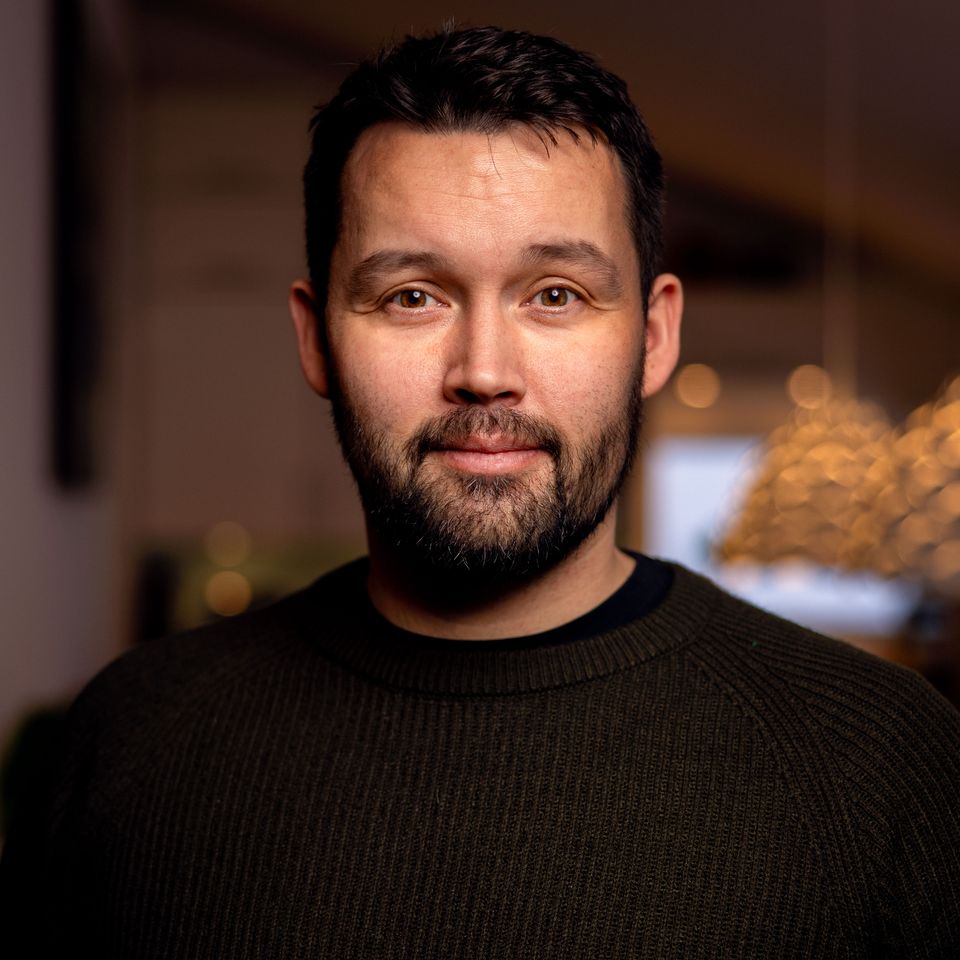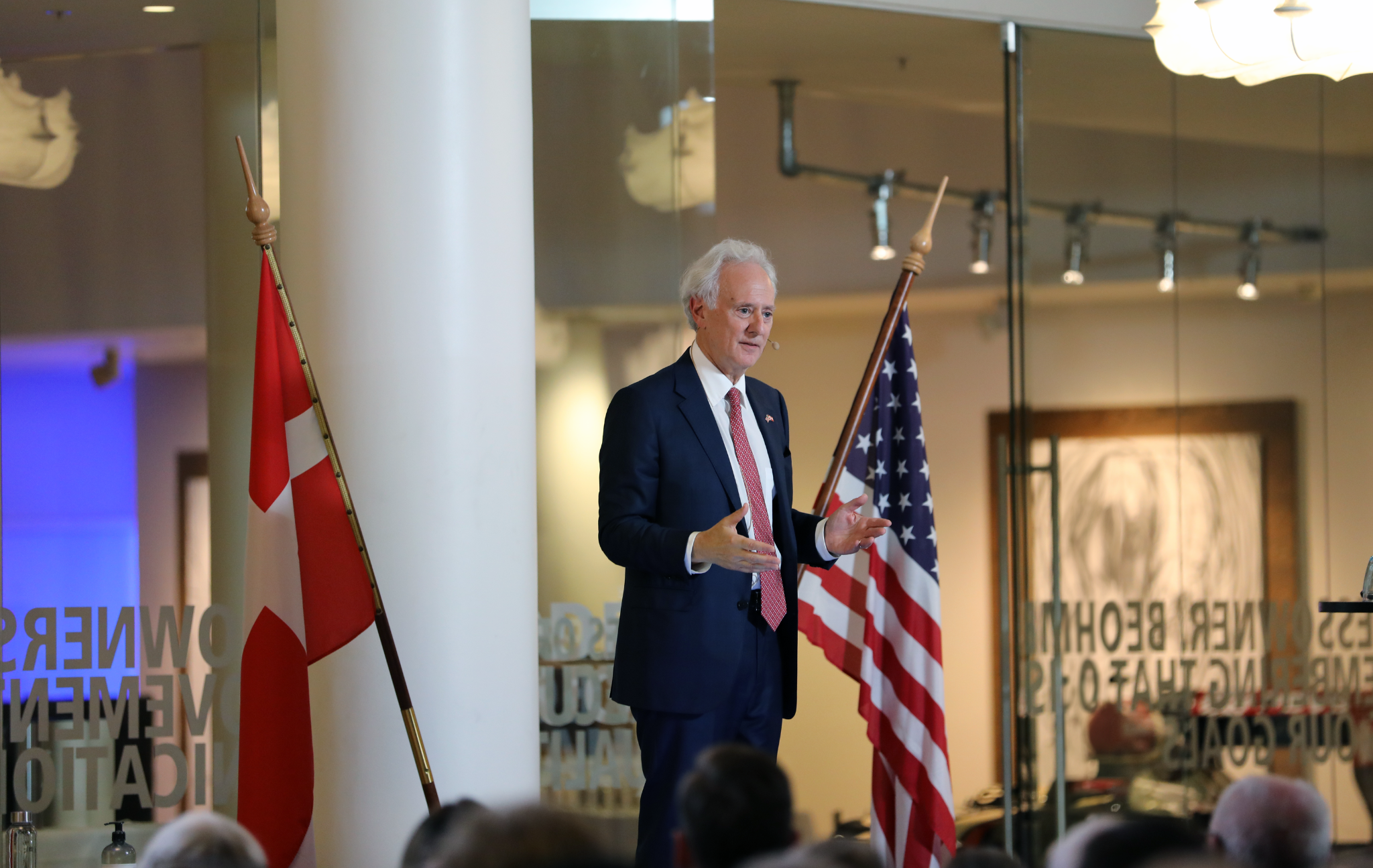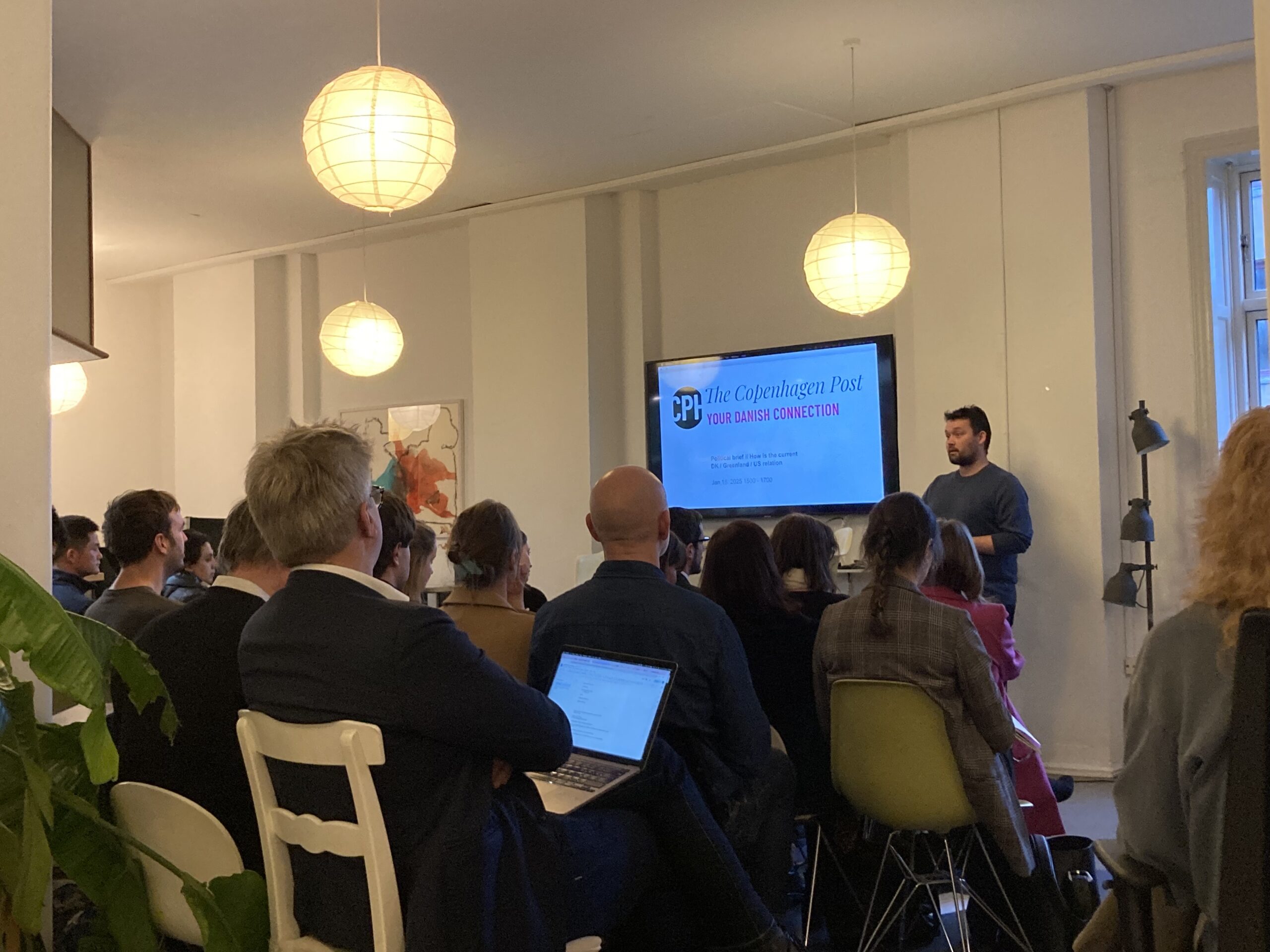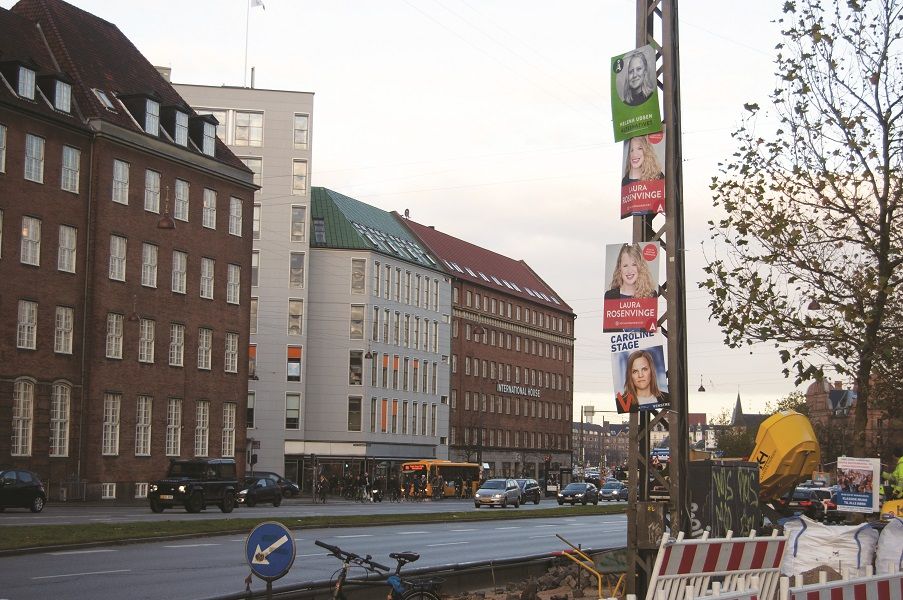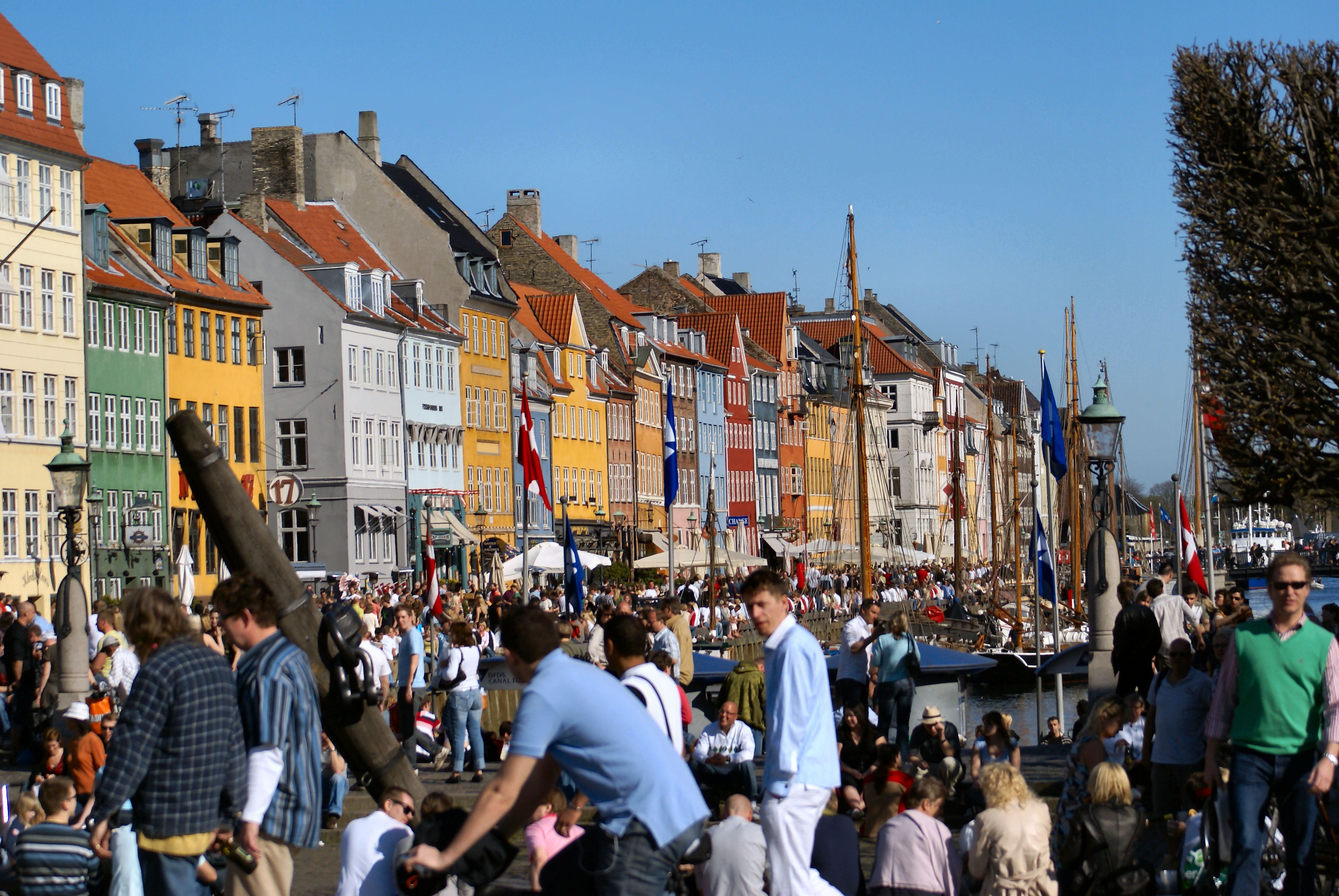The Vipp Shelter is a product unlike any other. The latest innovation from the Danish design house Vipp is a prefabricated and fully equipped house that can be delivered to the location of your choice.
Designed as a getaway from urban chaos, Vipp has already installed one in Sweden, a stone’s throw from the water’s edge of a lake, with nothing else in sight but sky and forest.
Just days after going on sale, the first order came in for a Vipp Shelter destined for the Hamptons, New York.
Best of both worlds
Inspiration for the product came to Kasper Egelund, the CEO of Vipp and grandson of the company’s founders, when he was living in Manhattan. “City life is great but we need to experience nature too,” he said.
“Country retreats tend to be either very upscale and luxurious or very basic. I thought that it would be great to have a place with all of the functionality you have in the city, but where you are as close to nature as possible.”
Rooted in who we are
Egelund collaborated on the concept with Morten Bo Jensen, Vipp’s chief designer, and the Vipp Shelter is the result. It might seem like a dramatic break from tradition for a company that until now has been known for producing things to go inside a house instead of the house itself.
But Jensen explained that the Vipp Shelter is a continuation of the company’s design philosophy. “There is plenty of amazing architecture out there, but we wanted to conceive something different that was rooted in who we are,” he said.
“So we used our 75 years of experience with steel processing to craft an escape in the form of a prefabricated object designed down to the last detail, where the only choice left to the customer is where to put it.”
Vipp DNA
Vipp is best known for its original waste bin, designed in 1939 by Holger Nielsen for his wife’s hairdressing salon. Vipp was popular with commercial clients in Denmark, such as hospitals and ferries, but Nielsen didn’t live to see it become an international design classic.
In 2009 the pedal bin was accepted into the architecture and design collection of the Museum of Modern Art in New York.
Since its beginnings, the company has developed an extensive range of homeware products and, according to Jensen, they share the so-called Vipp DNA.
“Functionality and a distinctive idiom based on high-quality materials and special manufacturing processes are the pillars of Vipp DNA and represent the common thread between past, present and future products,” he explained.
A family business
But it isn’t just the products that have a shared DNA. Vipp is very much a family company.
Jette Egelund, the current chairman, is the daughter of Holger and Marie Nielsen and took control of the company when her father died in 1992.
“It is she who deserves the credit for seeing the potential of an industrial design product in the private space,” her son, Kasper Egelund, said.
Jette Egelund explained that she was initially met with resistance. “I had the challenge that for my generation the bin was a doctor’s or dentist’s bin,” she said.
“So when I presented it to the furniture shops they said they had no interest. But I insisted, as it had always been used, in my home – so why not!”
It was also a difficult time for Jette Egelund in her personal life. “It was a problem that I had no support from my husband in terms of backup, as he left the family shortly after I took over the company,” she said. “Without money it can be hard.”
Hard work and good luck
Her resilience paid off. “I decided to learn all about the production and after two years in the factory I knew where to outsource production and then set an office up in Copenhagen,” Jette Egelund explained.
“It was my luck that my children Kasper and Sofie wanted to join and – with a degree from business school and the school for graphic design respectively – it helped a lot. So there were three of us who believed in the project and could inspire each other.
“We added more products – all with the same DNA and completely in my father’s spirit. When we earned some money, we added people with other skills and expanded the company. In short – that is what we have done ever since!”
The company’s story hasn’t gone unnoticed in the international business milieu.
“One day I got a call from someone at Harvard who wanted to know how a small Danish company making trash cans could become the brand that we are today,” Kasper Egelund said.
“So now the story of Vipp is a case study at Harvard Business School.”

